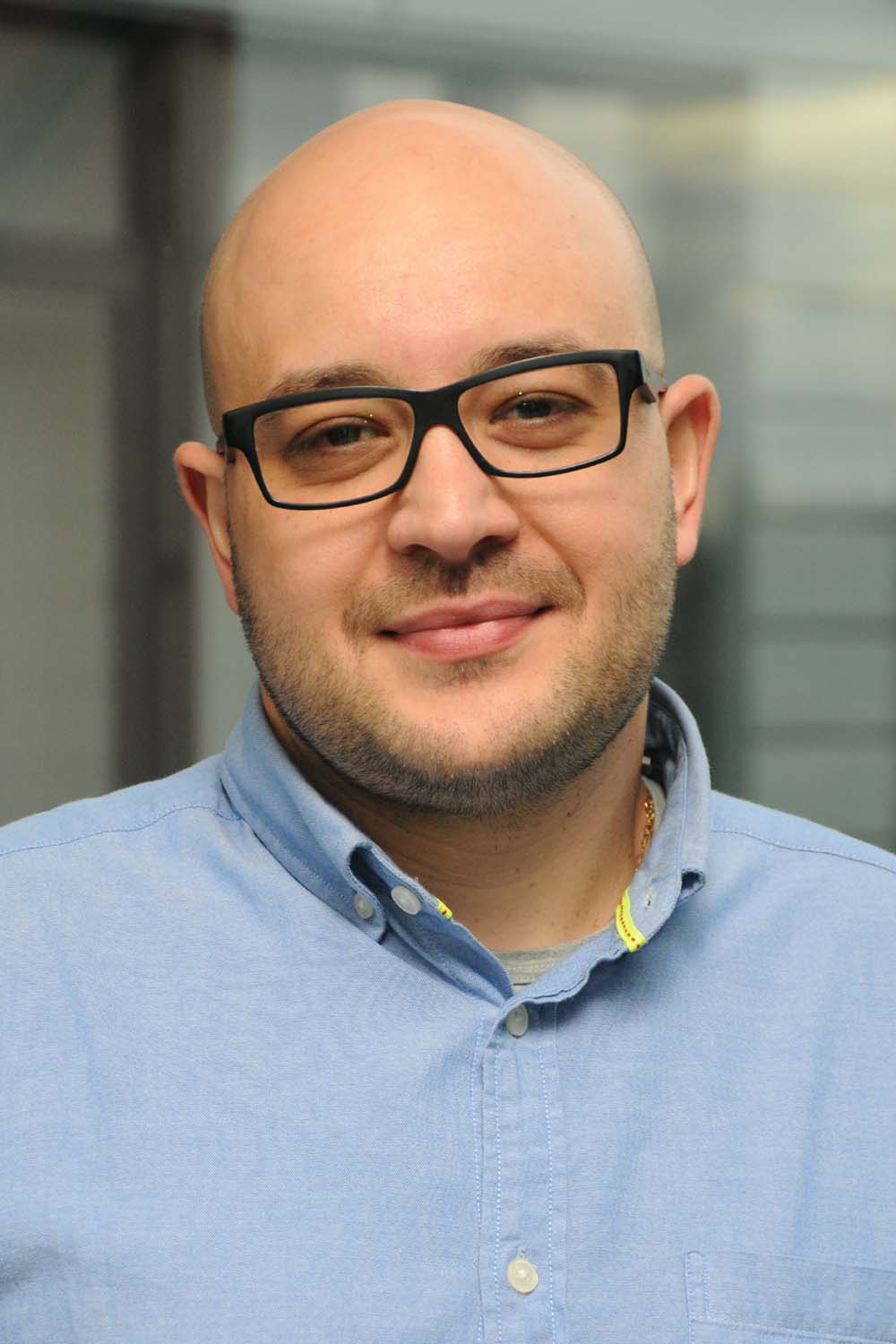Sciarra

MSc Alessandro Sciarra
Medicine and Digitalization - MedDigit
Automated Image Enhancement and Extraction; Imputation/Synthesis of Missing Image Data
Work experience
Since 9/2018
Research associate (research focus: robust, fully-automated image enhancement and extraction of biomarkers, Imputation/synthesis of missing image data), Workgroup Medicine and Digitalization – MedDigit, Dept. of Neurology, Otto-von-Guericke-Universität, Magdeburg, Germany
11/2013-10/2016
Early-Stage Researcher (ESR) within the Marie Curie Initial Training Network Ultra-High Field Magnetic Resonance Imaging (ITN HiMR), Dept. of Biomedical Magnetic Resonance, Otto-von-Guericke-Universität, Magdeburg, Germany
Research field: Prospective motion correction in MRI using an optical tracking system, Development of web-based application for subjective MR image quality assessment and of reconstruction algorithms for MR raw-data
4/2012-3/2013
Research Assistant, IEO - European Institute of Oncology, Milano, Italy
Research field: Signal & Image processing, MRI in clinical application
10/2010-3/2012
Research Assistant, Dept. of Health Sciences, University of L’Aquila, Italy
Research field: Ultrastructural and Molecular Imaging
Educational Background
Since 11/2016
PhD Student at the Faculty of Natural Sciences, Institute of Physics – Dept. of Biomedical Magnetic Resonance,Otto-von-Guericke-Universität, Magdeburg, Germany
PhD Thesis: “Prospective Motion Correction in MRI at 7 Tesla”
2006-2010
Studies of Physics (Master of Science) at the University of L’Aquila, Italy
Master thesis: “Development of high field MRI methods for the quantification of iron in human brain”
2001-2006
Studies of Physics (Bachelor of Science) at the University of L’Aquila, Italy
Bachelor thesis: “Study by electronic spectroscopy and electrical measurements of the interaction between film of carbon nanotubes and organic molecules”
Research Stays Abroad
2010
Erasmus placement. Research theme: Investigation of iron deposition in Parkinson’s Disease using quantitative T2* mapping: an in vivo 3T MRI Study, Jülich Research Center, Jülich, Germany





